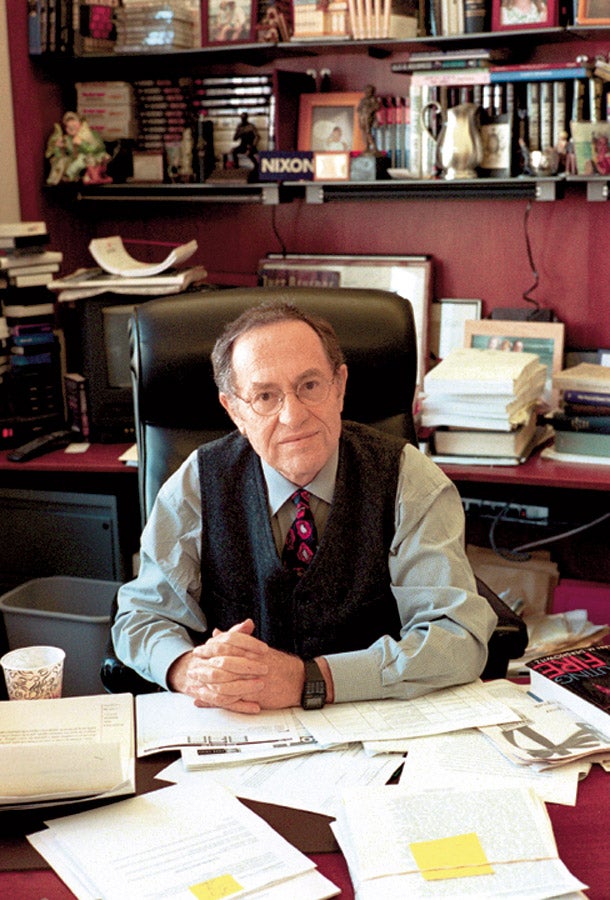In his new book, “Is There a Right to Remain Silent? Coercive Interrogation and the Fifth Amendment After 9/11,” (Oxford University Press 2008), Professor Alan Dershowitz examines the status of the Fifth Amendment privilege in a post 9/11 “preventive” state.
“As we move away from the old paradigm of the deterrent state – in which we wait until the crime is committed and then punish the offender in order to deter him and others – and toward the new paradigm of the preventive state, the old jurisprudence and constitutional law must be adapted to the new realities of seriously intrusive actions taken by government in the name of prevention rather than punishment,” writes Dershowitz in the introduction.
Dershowitz devotes a substantial part of the book to a 2003 Supreme Court decision, Chavez v. Martinez, in which the Court ruled that the Fifth Amendment privilege against self-incrimination does not bar the evidentiary use of a coerced confession in a civil case. “I use the Martinez case as a prism through which to glimpse the future of the privilege” against self-incrimination “in the preventative state toward which we seem to be moving,” writes Dershowitz.
The Constitution, he says, “was designed with the ‘reactive state’ in mind.” When considering the use of coercive interrogation, “the hole in our constitutional law is gray, if not black,” he writes. “This gaping hole should be filled by meaningful constitutional safeguards.”
A well-known expert in constitutional and criminal law, Dershowitz has been a member of the Harvard Law faculty for more than 40 years. He is the author of 28 non-fiction books on subjects ranging from criminal law to Middle East politics.
